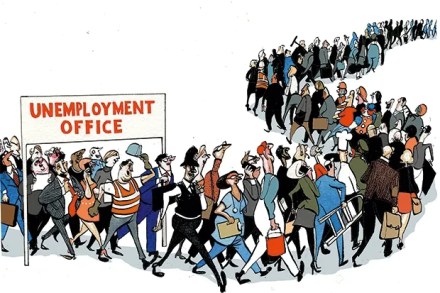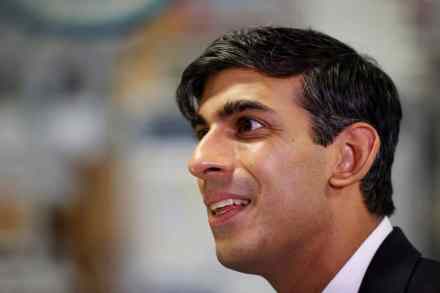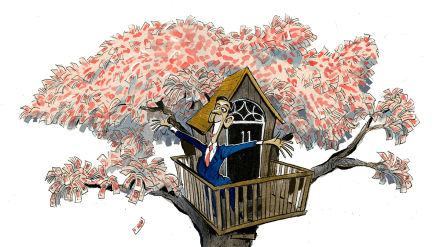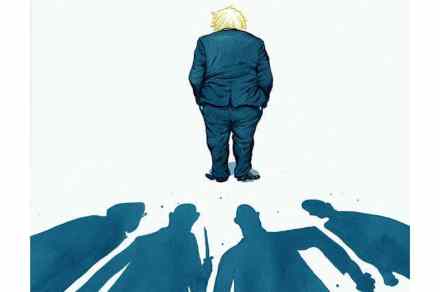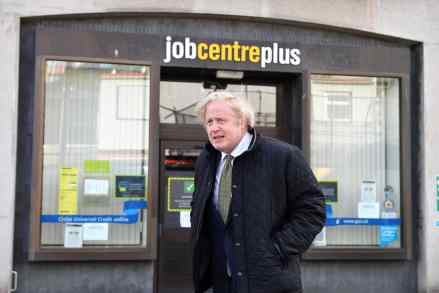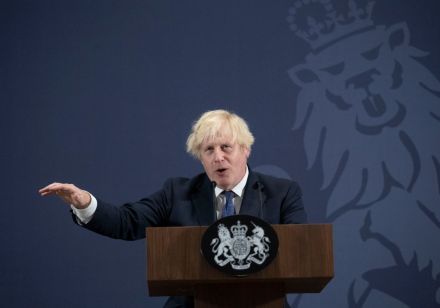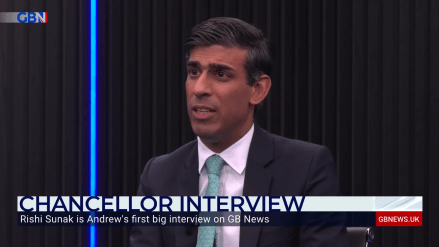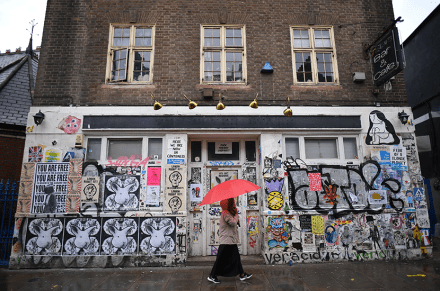Britain needs more honesty about unemployment
Is low unemployment causing us more problems than we realise? The suggestion might seem absurd, offensive even. It’s reminiscent of the days of Mrs Thatcher’s supposedly ‘cruel’ monetarism, when we had three million unemployed. Some on the fringes liked to argue that unemployment was good for the economy because it made people work harder, being fearful for their jobs. Mass redundancies would not, of course, help the economy now or at any other time. If a million people were to lose their jobs, as happened in the early 1980s, that would be a million households suffering a collapse in the spending power. As well as a human tragedy, it would
